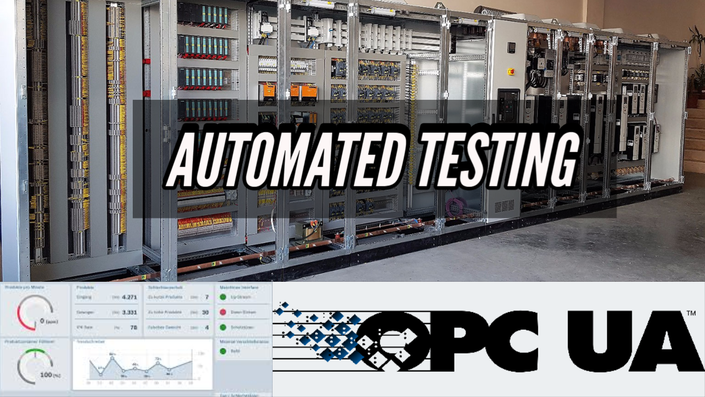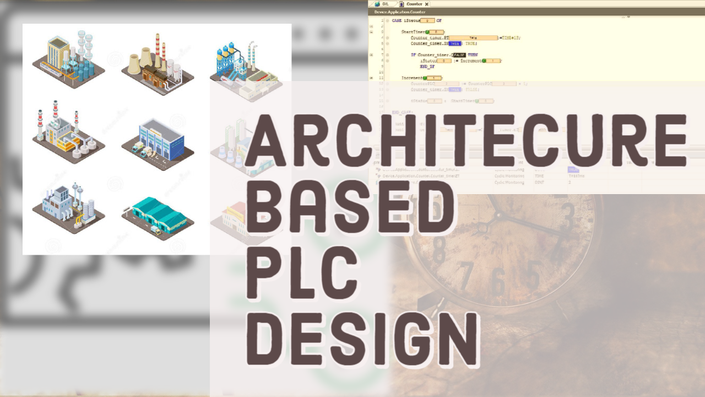
Expand your Production line with few clicks. No need to rewrite your code.

All the advanced concepts from Methods, Inheritance, Polymorphism, Encapsulation and Layering are now within your hand

Composing new Machines is now just like a LEGO game!
Re-use your code easily.
Learn PLC object oriented programming with this very unique course :
When having a project with changing requirements, traditional programming methods using ladder fall short and causes tons of modification to add a new feature to your PLC program.
Now with the most recent IEC-61131-3 standard features, Object oriented Programming (OOP) is Introduced where you can apply a very sophisticated and Advanced programming methods to create an advanced and solid software infrastructure.
After completing this course you will have a very solid background on designing using OOP, which its concepts are used in the biggest programming languages like C++ / JAVA / C# and even Python.
Topic we will cover:
- Basic of Structured Text programming Language
- Modular Design
- Classes
- Methods
- Properties
- Inheritance
- Polymorphism
- Access Specifiers
- Pointers and References
- Interfaces and Abstractions
- Advanced State Pattern
- Wrappers and Features
- Layered Design
- Final Project covering a real-world problem to be solved using OOP
Anyone who is looking for the next level PLC programming, this is the right course for you.
The future of PLC programming is OOP, since it guarantees a powerful infrastructure for your project, and this is what the IEC-61131-3 standard is pushing for in the last couple years. Ladder alone is inefficient, and if you have programmed big projects before, you can tell how complicated modifying your program or adding a new machine or even a small feature. It can even involve you erasing your whole program and writing a totally new one to adapt to the new requirement.
But with Layered design and OOP, modification can be very simple, no need to copy paste code, not to change base code.
There is no other course on the internet that covers these topics in a comprehensive way, and that's my role. We will feed spoon you these concepts slowly and step by step until you fully understand them.


